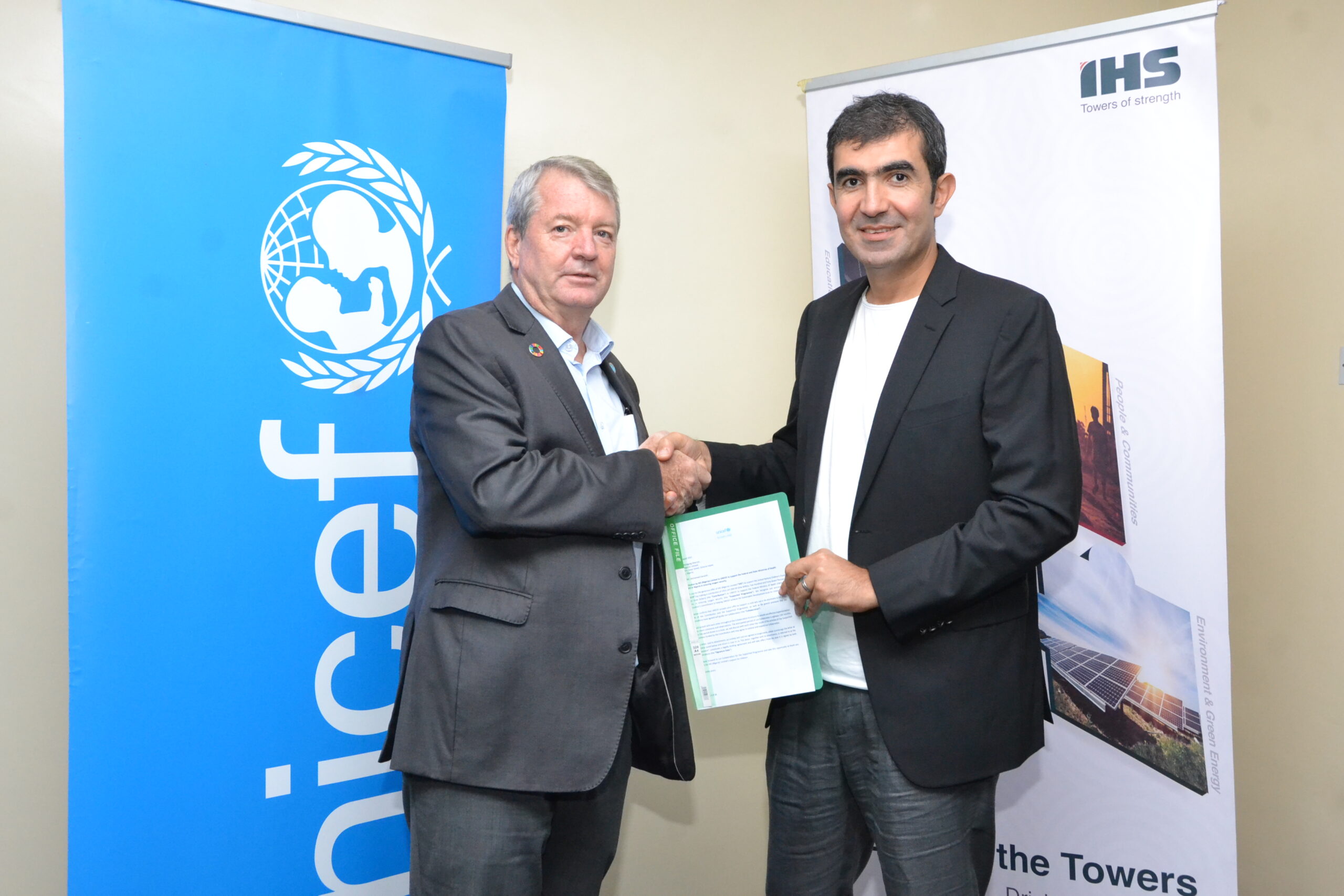….over 120,000 Nigerian children die each year due to hypoxemia
The United Nation’s Children Fund (UNICEF) and IHS Nigeria, a subsidiary of IHS Towers, has announced an 18-month partnership to help strengthen oxygen supply in hospitals for the treatment of pneumonia, COVID-19 and other hypoxemia disorders, particularly in newborn babies and pregnant women.
The partnership covers Ogun, Oyo, Kano, Bauchi, Kaduna, Ebonyi, Cross Rivers, and Rivers states. UNICEF, in a statement on Friday said thepartnership aims to further support the Federal Ministry of Health in meeting demands for effective oxygen therapy in Nigeria.
The UN agency, while noting that it has been in partnership with IHS Nigeria since 2019, informed that under new collaboration, oxygen plants will be installed in health facilities and incorporated into state-specific oxygen resilience plans, including training healthcare workers on the safe administration of oxygen.
“Oxygen is a life-saving medical gas used to treat respiratory illnesses and support various healthcare provisions such as emergency obstetric care, surgery, and anaesthesia. It is critical to improving health outcomes and reducing mortality due to pneumonia by 35 percent, yet, seldom available and often expensive,” the statement read.
The agency further revealed that over 120,000 children die each year due to hypoxemia in Nigeria.
Peter Hawkins, UNICEF Nigeria Representative said, “With limited access to supplemental oxygen, the line between life and death is blurred for critically ill patients with pneumonia and severe COVID-19 symptoms. This situation is, unfortunately, the reality for many.”
“At UNICEF, we value our strong partnership with IHS Nigeria. It is only through joint efforts and the support of trusted partners like IHS Nigeria that we can deliver robust healthcare and advance other sustainable development goals to all Nigerians,’’ Hawkins added.
Mohamad Darwish, CEO IHS Nigeria, said, “We are delighted to be contributing further to the provision of healthcare in Nigeria. When we read about the number of deaths in Nigeria that could be avoided by making oxygen available, such projects become a must-do rather than an option.”
“By working collaboratively, we believe we can help improve the health and well-being of our communities and thereby express a very small token of appreciation to our beloved country and the communities that host us. We also hope this partnership will encourage others in the private sector to contribute to the delivery of vital healthcare for women and children across Nigeria,” he added.

